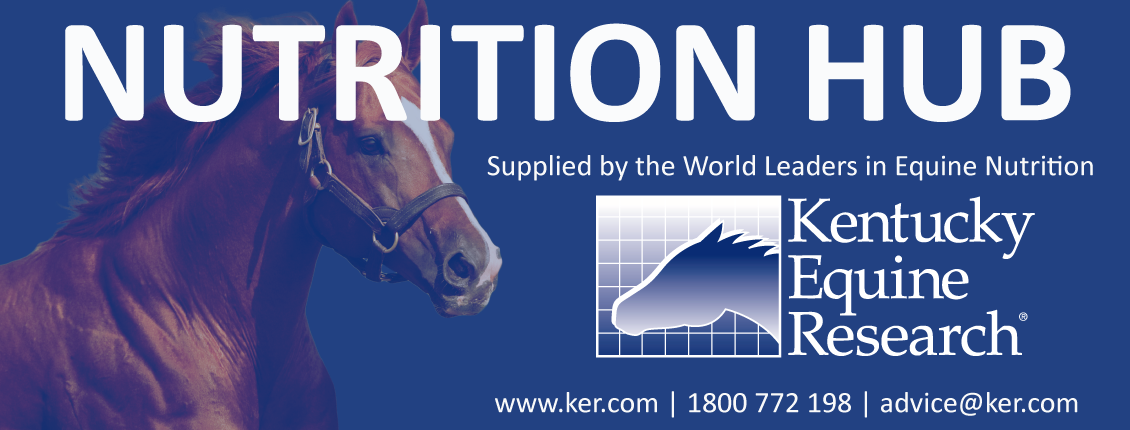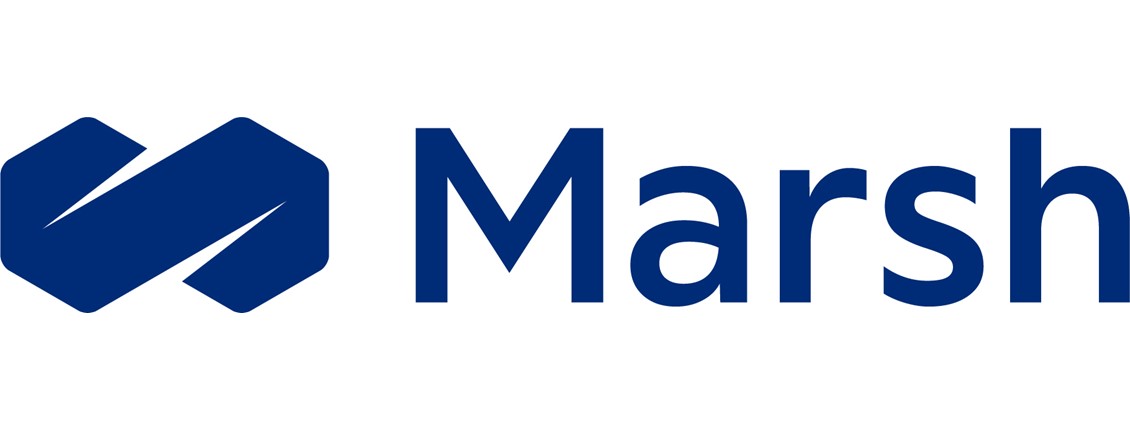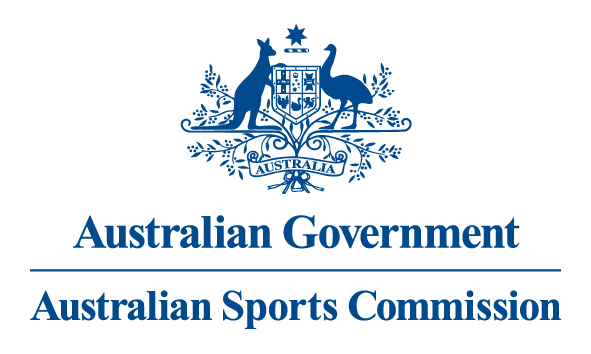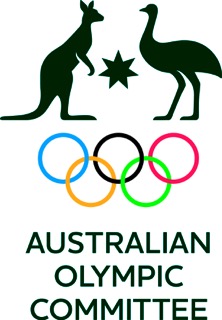
To supplement, or not to supplement?
Treat each horse as an individual!
As horse lovers we all want our horses looking and feeling their best. In order to achieve this, it is important to meet their nutrient requirements and provide them with balanced nutrition. However, there is a bewildering array of supplements available and it is a somewhat daunting task to determine what your horse needs and how to supply it.
Often the decision to feed certain supplements is made on recommendation from a fellow horse enthusiast, which can lead to varied results, as an individual horse’s characteristics and needs are not considered as they should be. Supplements are generally required to make up for nutrient deficiencies in basic feeds. To accurately assess the need for supplementation, a ration evaluation must be performed. It is very important to select a supplement based on the individual requirements of the horse and to seek assistance of a qualified equine nutritionist for further help in making the decision.
Meet nutrient requirements
To achieve inner health, a horse’s nutrient requirements must be met on a daily basis. It is not surprising then that the most common supplements fed are nutrient supplements. The primary nutrients that are supplemented include protein, vitamins and minerals. Although protein is undoubtedly an important component of the horse’s diet, most mature horses consuming high quality grass hay, and certainly those eating high quality lucerne hay, are receiving ample protein in their diet. Whilst intense exercise, pregnancy and lactation increase the requirement for protein in the mature horse, sufficient protein is likely to be supplied within the formulated feed provided to meet the increased energy required by these horses.
Vitamin and mineral supplementation is often necessary to balance common nutrient differences in hay or pasture. Common B vitamins supplemented to performance horses include biotin, vitamin B12 and folic acid. Common minerals supplemented to performance horses include calcium, phosphorus, sodium, chloride, copper and zinc. Care should be taken when supplementing vitamin A or D and the minerals selenium and iodine. Although over-supplementation of other vitamins, such as vitamin B, is not dangerous, it can be unnecessary and expensive.
At present, magnesium is one of the most popular minerals to supplement. Magnesium plays an important role in muscle and nerve function. Horses that are deficient in magnesium may exhibit uncharacteristic spooky and excitable behaviour, as well as muscle tremors or cramping. However, this deficiency is rare, as pasture and hay normally contain sufficient magnesium to meet the horse’s requirements. Providing a horse with too much supplemental magnesium will likely have no effect at all on nervous behaviour or muscle cramping, and may cause serious metabolic problems.
Beware of over-supplementing!
With the multitude of supplements available, common sense seems to be the logical approach to deciding what is right for your horse. Logical thinking dictates performance horses undergoing the stress of training and competition will need some supplementation. Nutrient supplements are a good first choice; however, over-supplementation can be as bad as, or worse than, no supplementation.
When supplementing a horse with individual nutrients you run the risk of over-fortifying their diet and causing related problems. It is advised to find an all-round vitamin and mineral supplement that has been specifically formulated for what your horse is doing (spelling, working, breeding or growing) and feed the supplement at correct levels to create a balanced diet and meet all nutrient requirements in a simple and convenient way.
Choose an all-round supplement
All-round vitamin and mineral supplements in a powder or pellet form are ideal to add to a straight forge or grain ration, or when fortified feeds are fed at less than the recommended amount. Aside from deciding between a powdered or pelleted form, it is also important to consider the quality of the vitamins and minerals in the supplement. Supplements that contain organic minerals and natural-source vitamins are more bioavailable than synthetic nutrients.
Vitamins and minerals are essential for the health and well-being of any horse or pony. As a horse owner you can ensure that your equine friends live a bit longer, have a shiny coat and strong hooves, and are less likely to suffer from nutrition related maladies and general disease by making sure their nutrient requirements are met and a balanced diet is provided.
KER has a range of balanced vitamin and mineral supplements that have been scientifically formulated to meet the needs of a variety of horses.
KER Nutrequin is a great value all-purpose vitamin and mineral supplement that is ideal for horses at maintenance or in light work. KER Perform is a multivitamin and trace mineral supplement specifically designed to support hard working performance horses that contains organic trace minerals and natural vitamin E. KERx Gold Pellet is a palatable nutrient pellet that supplies a balanced level of all necessary vitamins and minerals. Each of these supplements are ideal for feeding on their own for ‘good doers’, combining with a straight grain mix, or ‘topping up’ nutrients when premixed feeds are fed below their recommended level.
For more information on KER productions or nutrient supplementation, contact Kentucky Equine Research: 1800 772 198 – [email protected].










